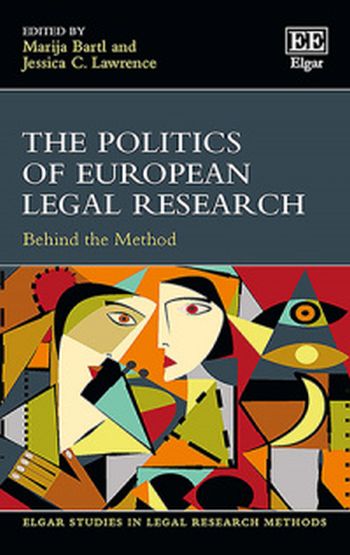We are now closed for the Christmas and New Year period, returning on Monday 5th January 2026. Orders placed during this time will be processed upon our return on 5th January.

Making a key contribution to the contemporary debate about methods in European legal research, this comprehensive book looks behind different methodologies to explore the institutional, disciplinary, and political conflicts that shape questions of ‘method’ or ‘approach’ in European legal scholarship. Offering a new perspective on the underlying politics of method, it identifies four core dimensions of methodological struggle in legal research – the politics of questions, the politics of answers, the politics of legal audiences, and the politics of the concept of law.
Chapters explore how methodological choices impact the questions legal scholars ask, the answers they seek, the audiences for and to whom they speak, and ultimately their understanding of the legal and the social world. Leading contributors uncover the framing discourses, institutional inertias, and political pressures that shape research questions, while assessing the effects of importing social science methods into legal research, and how audiences of legal research and education shape our understanding of law.
Concluding with a reflection on the continued, if qualified, relevance of formal doctrinal methods for European legal research, this thought-provoking book will be a key resource for students and scholars of law and politics, research methods and European law.